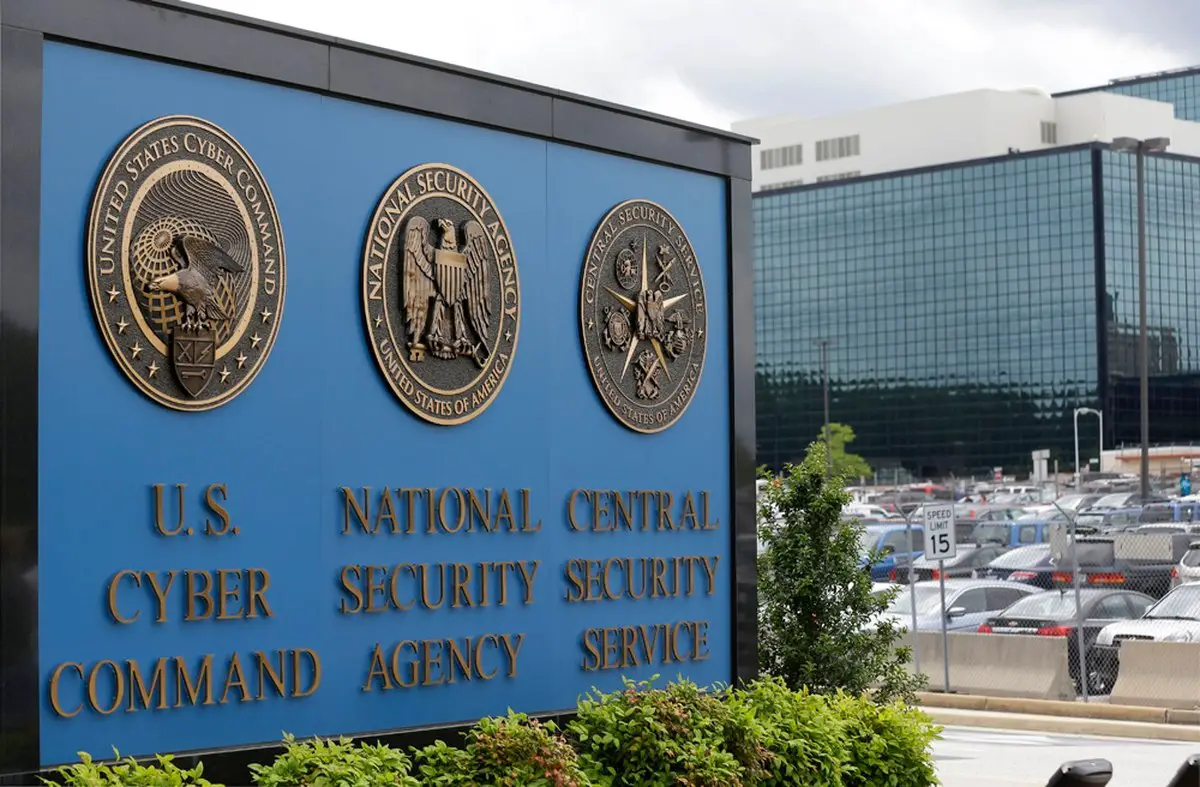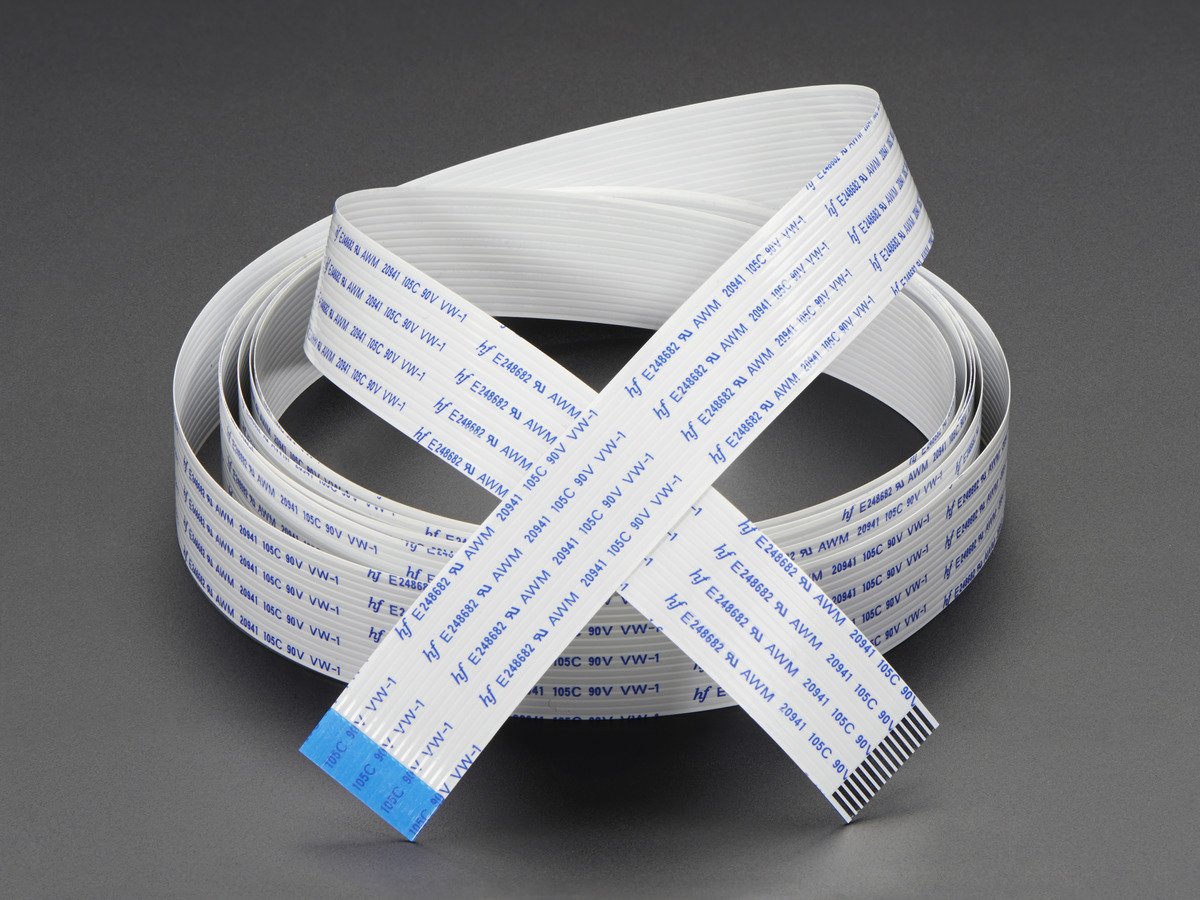; Date: Mon Mar 04 2019
Tags: Big Brother »»»» NSA »»»»
Since the Terrorism Scare of 2001-2006ish the NSA has been collecting telephone records of every phone call made in the USA. The theory was to find the needle-in-the-haystack the NSA first needed the haystack, and that by having records of all phone calls the NSA could build a map of all associations and therefore find The Terrorists. The program became widely known with the Edward Snowden revelations, and was 'shut down' with a 2015 law, The Freedom Act. That act preserved parts of the program, and is due to expire at the end of the year unless the Trump Administration or Congress acts.

Under this program the NSA collects records of which phone number called what other phone number, the time of the call, and for how long. They do not collect recordings of the phone calls, only the fact that calls were made.
Today the NY Times reported that as just said, the current program is due to expire at the end of 2019.
With such data a map of who-associates-with-who can be built. The more often that phone A calls phone B, the more likely it is that two people know each other and are communicating with a reason. If either is a Known Terrorist, then it's possible both are Terrorists.
Origin of the NSA phone call records collection project - Terrorist Information Awareness System
The program started in 2001 when the Bush Administration started what was originally called the Total Information Awareness System, and was renamed after Sept 11, 2001, to the Terrorist Information Awareness System. I collected a bunch of information about this back in 2002 posting it to another blog -
http://politics.7gen.com/2002/02/darpa-information-awareness-office.html
The Terrorist Information Awareness System was a wide-ranging project headed by Admiral Poindexter. The Adm. Poindexter who was convicted of lying to Congress over the Iran/Contra controversy. As a wide-ranging Defense Department project, it had many aspects. For example automated translation of speech to text from any foreign language so that the spy agencies did not have to hire language experts in every language. Another part collected credit card transaction records, so the government could detect patterns of suspicious purchases.
The known programs in TIA did not include one for collecting phone call records. But such a program is not at all far from the sorts of programs run under the TIA umbrella.
In
May 2006 is the first piece I wrote about wide-ranging phone call tracking. At the time it was "revealed" the NSA had a massive database of "envelope" data -- meaning records of every phone call made as described earlier.
The word "envelope" was used in the sense of a letter going through the postal mail system. The "envelope" is the information written on the container of the letter, and not the contents inside the envelope. I remember reading somewhere at the time that the Post Office routinely records envelop information for use in investigations. Indeed, the USPS today offers a service to its customers, called Informed Delivery, sending e-mails scanned images of the envelopes of mail arriving on a given day. Since the USPS is collecting such scanned images, where else are they going?
The expiration of the Freedom Act of 2015
According to the
NY Times piece saying the current program is due to expire, phone call data collection began "in the weeks after the 2001 terrorist attacks". Starting in 2006, the Foreign Intelligence Surveillance Court began issuing orders that the phone companies must participate in this data collection. The rationale was:
based on a secret, novel and later-disputed interpretation of Section 215 of the Patriot Act, which said the F.B.I. may obtain business records “relevant” to a terrorism investigation.
The program was not publicly disclosed until June 2013 when Edward Snowden turned whistleblower while going on the lam and ending up living in Russia.
The first disclosure was a Guardian piece:
https://www.theguardian.com/world/2013/jun/06/nsa-phone-records-verizon-court-order
In the furor over the Snowden Revelations a law was passed, The Freedom Act of 2015, with one of the provisions being to change the process of collecting phone call records. Instead of bulk downloading of the phone call records, the NSA could gather data from phone company servers when needed. The data collection was supposed to be targeted rather than sweeping.
In actual practice the NSA still collected LOTS of phone call records.
The NY Times notes that problems crept in. The data was corrupted in part on purpose by one of the phone companies that supplied false data along with the accurate data.
The NY Times claims that nobody has used the system in many months - that the sky hasn't fallen in because of this - and therefore the Government is due to let this program expire at the end of the year.
Did collecting phone call records ever result in a stopped terrorist attack?
According to the NY Times they never succeeded in stopping anything through collecting all this data.
We should all stop and give that a think or two. The NSA collected records of all phone calls from 2001 to 2015, maybe longer. That violated the privacy of every American, and they did it for 15 years or so. It's possible the NSA is still violating our privacy even though they claim they aren't. AND NOTHING NEVER CAME OF IT.
All that effort, all that data collected, all those violations of privacy, AND NOTHING EVER CAME OF IT.
We were told again and again this wholesale violation of privacy was necessary to secure our freedom, and to stop Terrorist attacks.
But they're telling us now, that no such result occurred.
Summary
Let me say that I do not believe that the program will actually expire.
There is a rationale to my saying that. Back in 2003ish when the TIA program garnered some public attention, a big show was made of canceling the Terrorist Information Awareness project.
What actually happened is that a couple small projects were canceled, and the rest of the system transitioned to being a top secret program that of course nobody knows about.
What if this current show of canceling bulk phone call records collection is just a show? What if the collection program has already moved into top secret secrecy, and they never stopped the bulk collection of phone call records? How would we know?











